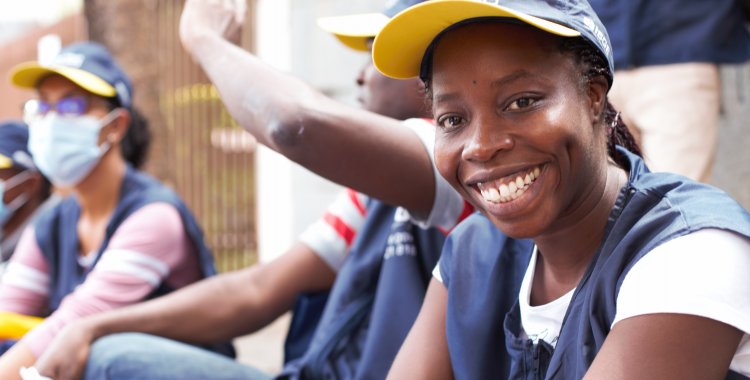In a note concluding the pilot census data collection activity, which took place from July 19th to September 5th of this year, INE states that, in the provinces of Luanda, Bengo, Bié, Lunda Norte, Cuando Cubango, Uíge and Cunene , “data on special cases were collected followed by collection from households”.
According to INE, this intervention was carried out in 410 census sections, corresponding to the same number of field agents.
“Carrying out the Pilot Census made it possible to measure on the ground, in terms of data collection, around 35,549 households, from 309 buildings”, the note reads.
Among the various challenges, he highlights, it was possible to test, fundamentally, the difficulties related to the interpretation of collection instruments (questionnaire), handling of 'Tablets', resistance of materials and equipment, movement of technicians in areas of difficult access, intervention of local and traditional authorities in raising awareness among the population, and the understanding of the questionnaire by individuals in households.
“At this moment, INE is carrying out cartographic updating throughout the country, this operation will allow us to have a more up-to-date picture of the country's geography and, therefore, define the areas to be selected for the main collection. INE calls for the population’s participation and collaboration in this important project”, states the document.
Angola will carry out its second census after independence, in 1975, next year, ten years after the last one, in 2014, with the start of the process scheduled for July 19, 2024.
The director general of INE, José Calengi, said that the census will cover the 18 provinces, 164 municipalities and 562 communes, districts, neighborhoods and villages, in urban and rural areas, lasting 30 days.
“The Census is being financed, mostly, by the Government of Angola, but has some financial support from the World Bank and technical assistance from the United Nations Population Fund (UNFPA)”, said José Calengi, recently, in an interview with Jornal from Angola.
According to the director general of INE, for the census, the country also has technical assistance from international consultants from Brazil, South Africa and Portugal and support from Cape Verde.







